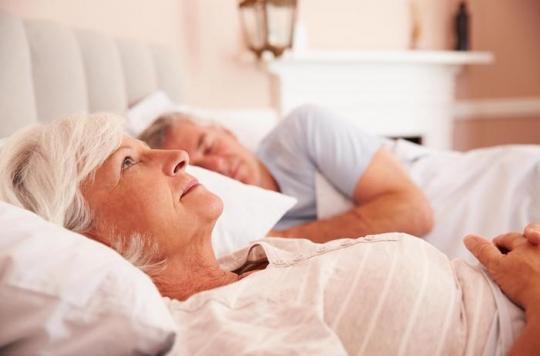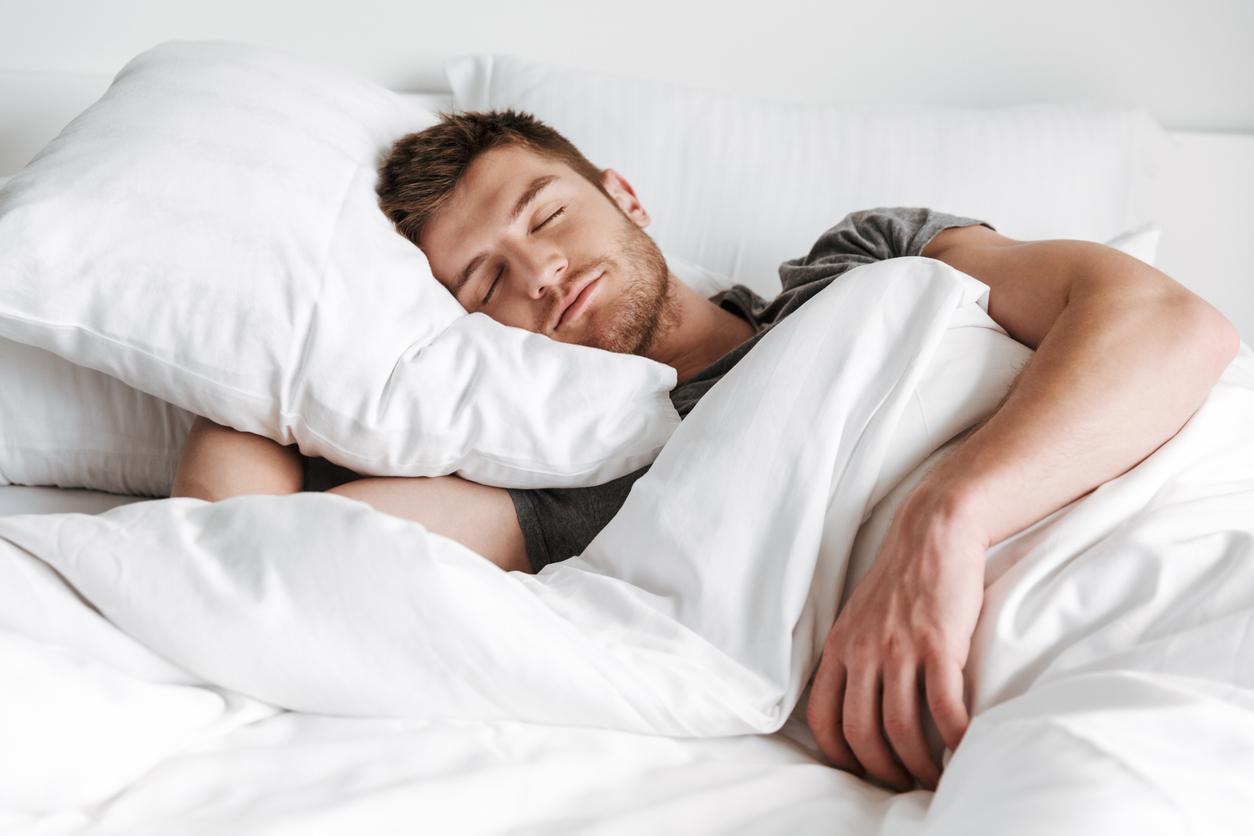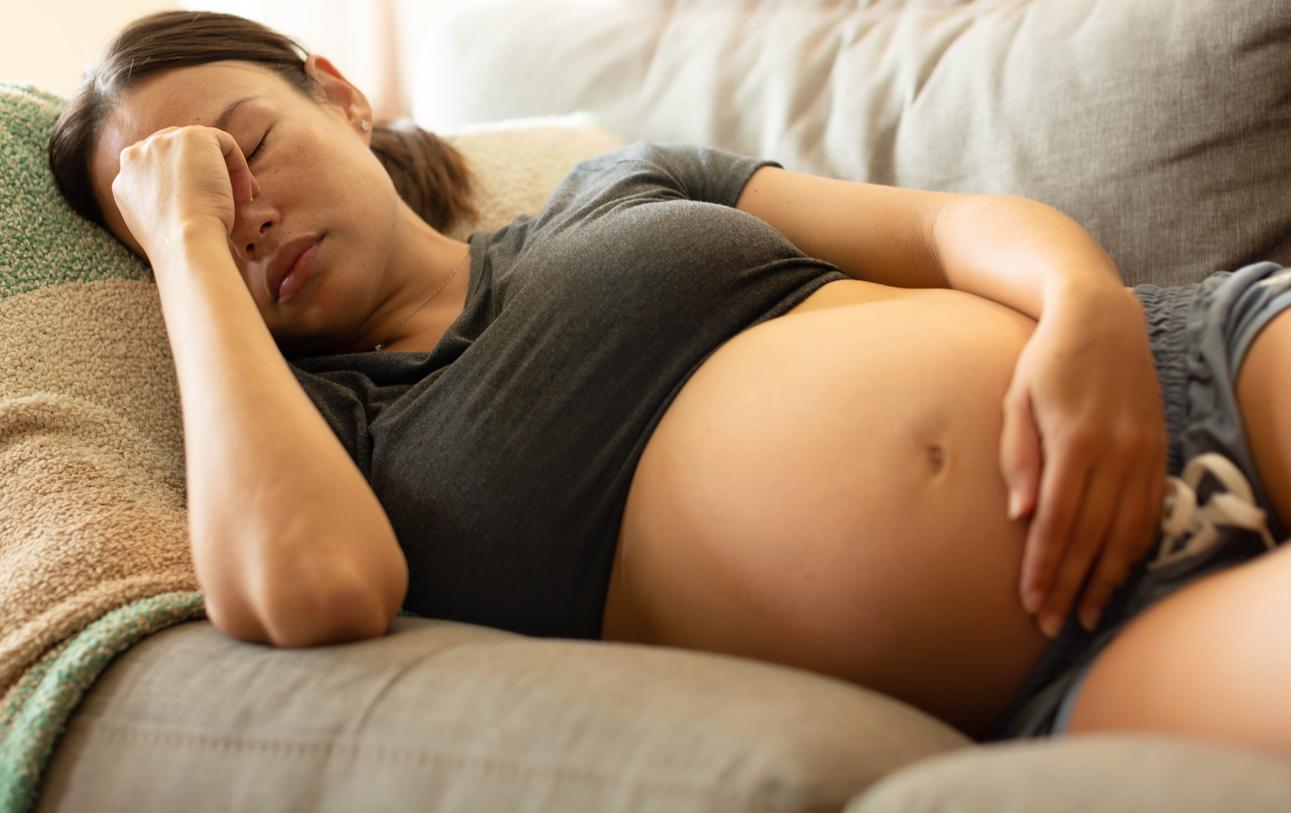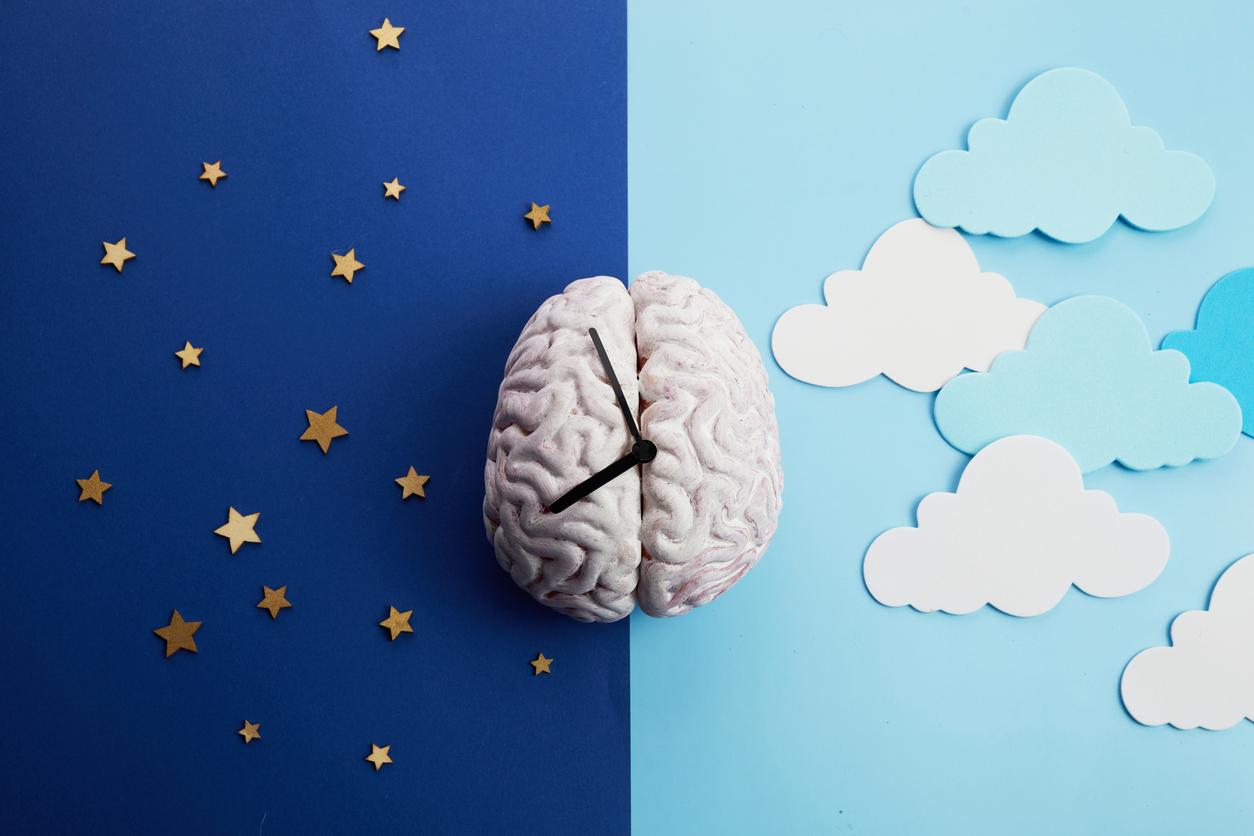Over the years, many seniors see the quality of their sleep decline. This phenomenon is mainly explained by a modification of the mechanisms of sleep.

Do you tend to get up earlier and earlier in the morning, including on weekends, when you swore by sleeping in a few years ago? Nothing surprising about that. Because the older we get, the more the quality of sleep tends to deteriorate. This phenomenon mainly concerns seniors, that is to say people over the age of 60.
On average, an adult needs 7 hours of sleep per night. But from the age of 30, light sleep takes precedence over deep sleep. The difference is not so much the quantity as the quality of sleep. “It’s not that we sleep less, but less deeply,” explains the Figaro Joëlle Adrien, neurobiologist, Inserm research director.
Homeostatic pressure drop
This phenomenon is explained by a drop in homeostatic pressure (or sleep pressure), a mechanism by which the more we stay awake, the more fatigue is felt. The process ends during the sleep phase. However, when we get older, the effect of sleep pressure tends to decrease, which explains why seniors sleep less well than others.
A 2017 study by researchers at the University of California at Berkeley points out that the inability to regulate neurochemicals involved in the wake / sleep cycle may explain why some older people are sleepy during the day but stay awake at night. .
“We are not all equal in the face of these sleep disorders. While some people will age very well, others will be confronted with disorders such as sleep,” said Bryce Mander, co-author of the study.

.

















